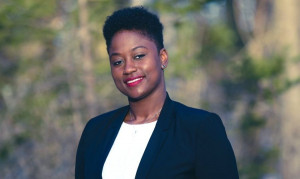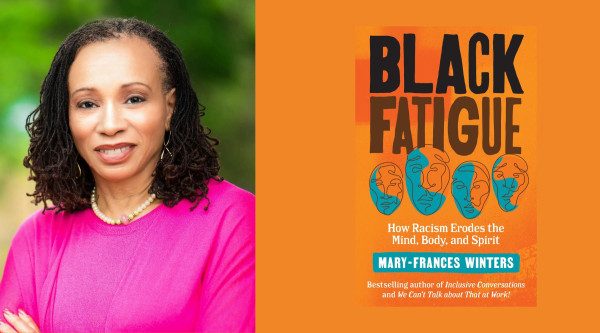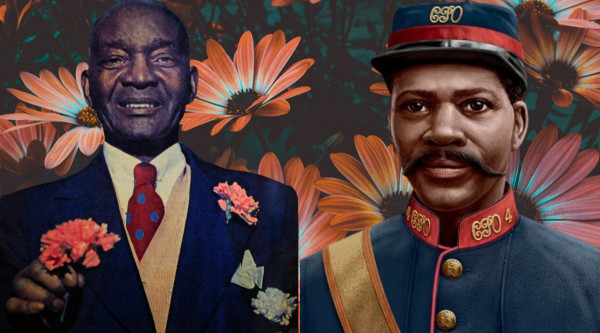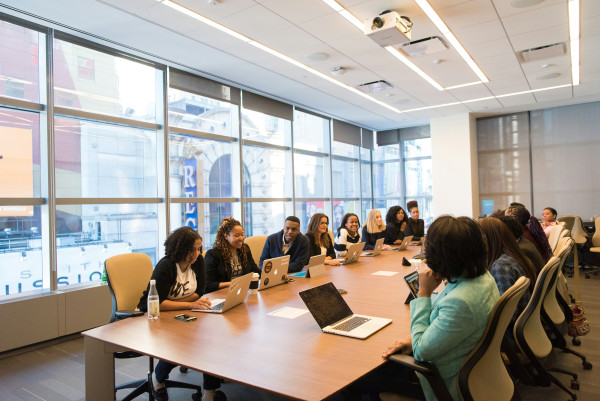What started it all
Lopez was involved in advocating for human rights from an early age. “I got it from my grandmother Norma Sotomayor, a Black Cuban feminist and community organizer. She is a source of inspiration for me,” says Lopez. Another source of inspiration for Lopez is Mariame Kaba, widely known for her work on prison abolition and transformative justice.
Lopez also believes that her personal experiences with violence inform her work. “I’m a survivor of violence. I was born in Puerto Rico, a former U.S. colony. I’m also a migrant parent of a Black autistic child,” says Lopez.
Her first experience with social justice work was at 16 when decolonial movements were fighting for Puerto Rico’s independence. She has been active in her advocacy work since then.
A look at advocacy and social justice work
Lopez recounts the challenges she faced adapting to life in Canada because she did not have status. She explains that she did not have access to services and support and that she was re-victimized by institutions that were supposed to protect her from racism and misogyny. “My kid wasn't even supposed to be in school because they wouldn't allow kids without status to have access to education, but I fought hard for him to be able to attend,” says Lopez.
Although Lopez has always been active with her social justice work, she started her advocacy career in Canada in 2016. She began with the Quebec Coalition of Rape Crisis Centres where she focused on sexual violence and shed light on the experiences and barriers that Black women face. Her goal was to raise awareness on how gender, race, class, and ability intersect in the context of sexual violence.
When Lopez was working at the Coalition of Rape Crisis Centres, she received many phone calls from Montreal North, where a large population of Black communities had little access to health and social services. So, she began advocating for these services for survivors of sexual violence in Montreal North.
Lopez believes that the Black community is very diverse and has many issues that need addressing. As a result, she organized different anti-racist collectives within the feminist movement such as the Black Lives Matter movements targeting racial profiling and police brutality.
From 2015 to 2017, she served as the President of the Fondation Paroles de Femmes, a feminist collective for women of colour. In this role, she contributed to creating spaces for women of colour with a safe space to speak out on different issues and share their experiences.
“Historically, the Quebec Women's Federation represented white French-Canadian women. Women of colour have organized within the Federation, but it didn’t centre on issues that affected women of colour. So, it was time to centre the margins and address experiences of minority women,” explains Lopez.
Lopez believes that it's essential to work together to fight against that invisibilization and erasure of Black women’s experiences.
Since 2017, she has been serving as co-Vice-President for La Fédération des femmes du Québec. Her advocacy work with the federation revolves around racism and sexism. She tried to shed some light on the experiences and hardships that Black women face in the province. Lopez confirms that this platform gives her a great opportunity to push for a more inclusive movement around fighting sexual violence.
Though Lopez values her time and experience at the Federation, there were difficult times. “It's been a tough ride because it's a historically white organization for Black women. However, things have evolved, thanks to the contributions of Black women and women of colour on the Board,” she confesses.
Lopez is also a co-founding member of La Coalition pour le Définancement de la Police, an organization based in Montreal that addresses the harms of policing within the province of Quebec and advocates divestment from policing and reinvestment in communities.
“The majority of survivors of sexual violence don't report it to the police due to fears of re-victimization. Therefore, it’s important to find alternative strategies that address gender-based violence outside the criminal justice system,” says Lopez before adding, “In Montreal, the majority of police interventions that result in death involve people going through a mental health crisis. That’s why we advocate for reinvestment in mental health service and that police no longer be the first responders in contexts of a mental health crisis.”
Lopez is also highly involved in tackling discrimination within the school system. “We live in a province where there's still debate on whether it's right to use the N-word in the classroom. So, our kids are not even safe in schools. Our kids don’t have the opportunity to see themselves in the media and the arts. We live in a province where no curriculum teaches Back people’s contribution within the province. Black students face stigma and policing inside their schools,” she states.
More specifically, as a mother of a Black boy who is autistic, Lopez is also interested in ensuring a disability justice lens to anti-racist organizing and movements in Montreal.
“The experience I've had in the public school system has been difficult. My son is discriminated against due to his colour and disability. The school often doesn’t do anything about blatant acts of aggression related to racism, so you have to be your kid’s advocate inside and outside the school,” explains Lopez.
Lopez had a very negative experience of misogynoir when she worked within the anti-violence feminist movement. Despite participating in decision-making circles within the movement, she has always fought to break down the barriers that prevent and dissuade women of colour from accessing services and engaging in activism. She has called out exclusionary practices and power dynamics within the movement that have impacted and continue to impact Black women.
“Black women have done tremendous and powerful work in the province, but there's limited documentation if any,” says Lopez.
In 2019, Lopez published an article in a local Quebec newspaper based on these experiences. Unsurprisingly, many Black women began writing to her about their experiences, which validated her perspective and led to a research project with her colleague Dr. Jade Almeida.
Their research effort on documenting the experiences and contributions of Black women within feminist circles in Quebec has been funded by Concordia University. Part of their work was published in the book, The Future of Diversity by the International Labour Organization in 2021.
Recognition
Lopez has been honoured for her service to the community numerous times. In 2019, she was a laureate for Black History Month and recognized as one of the 100 Most Influential People of African Descent Under 40. She was also one of the personalities of profile in Chatelaine’s Sept/Oct 2020 issue and “10 Black Canadians who have helped raise the volume on the conversation about systemic racism” by The Time is Now. In addition, she was the featured profile in Chatelaine Quebec’s Nov/Dec 2020 issue: Elles ont marqué 2020: 5 fonceuses qui imposent le respect.
According to Lopez, the visibility that she gained through her work has been a humbling and honouring experience. However, she is resolute in carrying out her work in creating different platforms for Black women to share their experiences.
“The work that I do isn’t just for me but the community. I live in a province where Black women’s experiences and contributions aren’t visible or acknowledged. So, my work will positively impact others, especially Black girls. This is an opportunity to break those cycles and open up the path for others,” says Lopez.
Plans for the future
Lopez confesses that she is always in ‘struggle mode,’ where she can't sit by idly and witness inequity and injustice. As a result, she often doesn’t have enough time in the day to create what she wants to see. She’s now trying to break this cycle and make what she wants for her community and for her son.
“I want to create services for Black women who are survivors of gender-based violence. I want to shed light on the experiences of Black people with disabilities, not only the discrimination they face in the education system but outside and also work with others to try to build spaces for these experiences to be uplifted and shared,” she states.
Lopez also wants to mentor the youth and support initiatives that involve the younger generation. In a year and a half, Lopez plans to complete her project documenting Black women's experiences within the feminist movement in Quebec. She firmly believes that documenting the experiences and contributions of Black women in the feminist movement helps to ensure that young Black girls have access to this information and don't face the same invisibilization. For Black girls and women, Lopez says, “We need to reclaim our narratives, our power! As Toni Morrison taught us: "You Are Your Best Thing." Be unapologetic and stay true to yourself.”
Finally, Lopez says that every month is Black History Month for people who work for the Black community. “Pretty much every month is Black History Month for us who do the work in the community. We're constantly fighting against the erasure of our communities and experiences. So, it's important to acknowledge the work that's being done in the community and to celebrate ourselves.”
This story is part of our 10-part series, "Black History Month Changemakers."
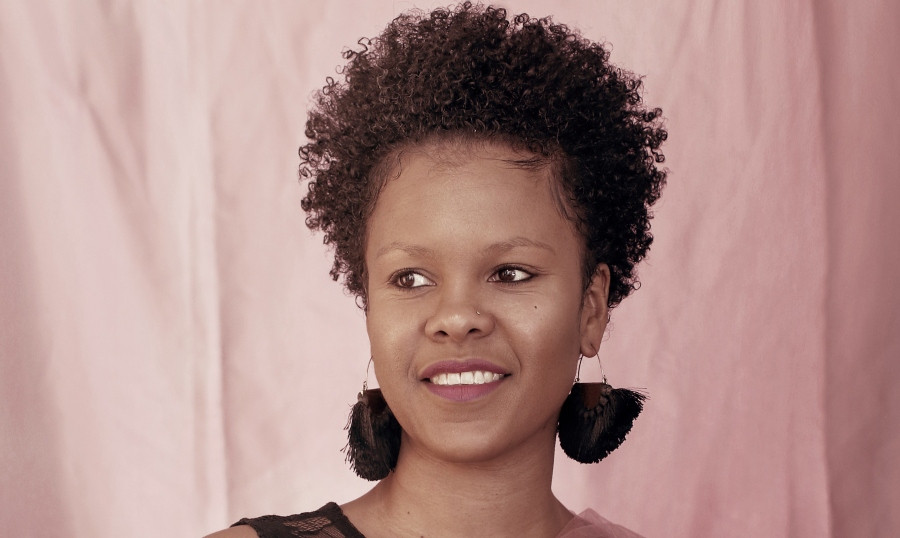
 By
By 




